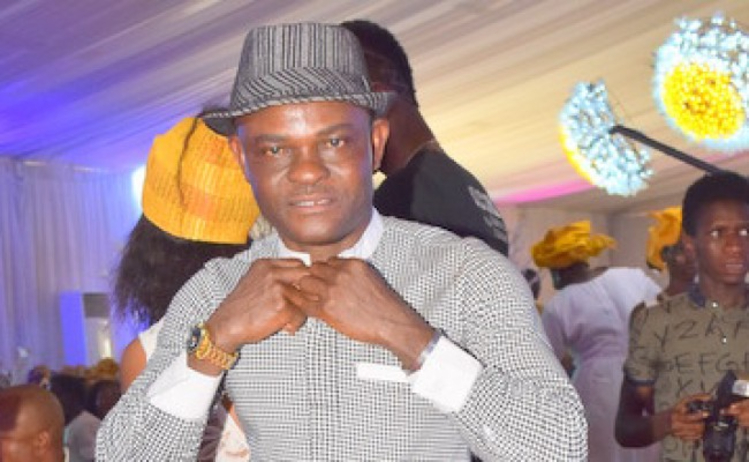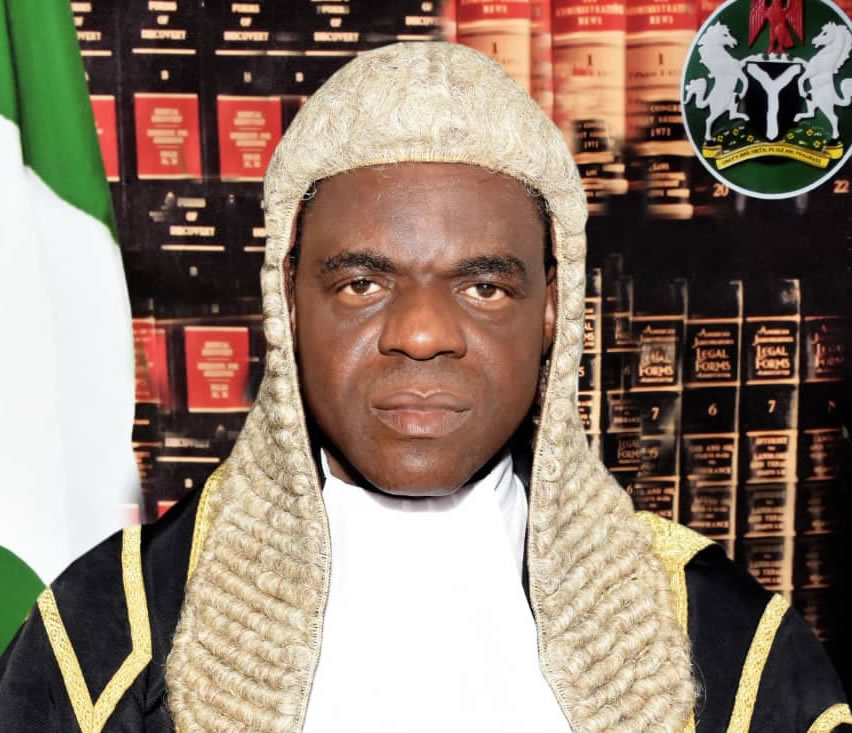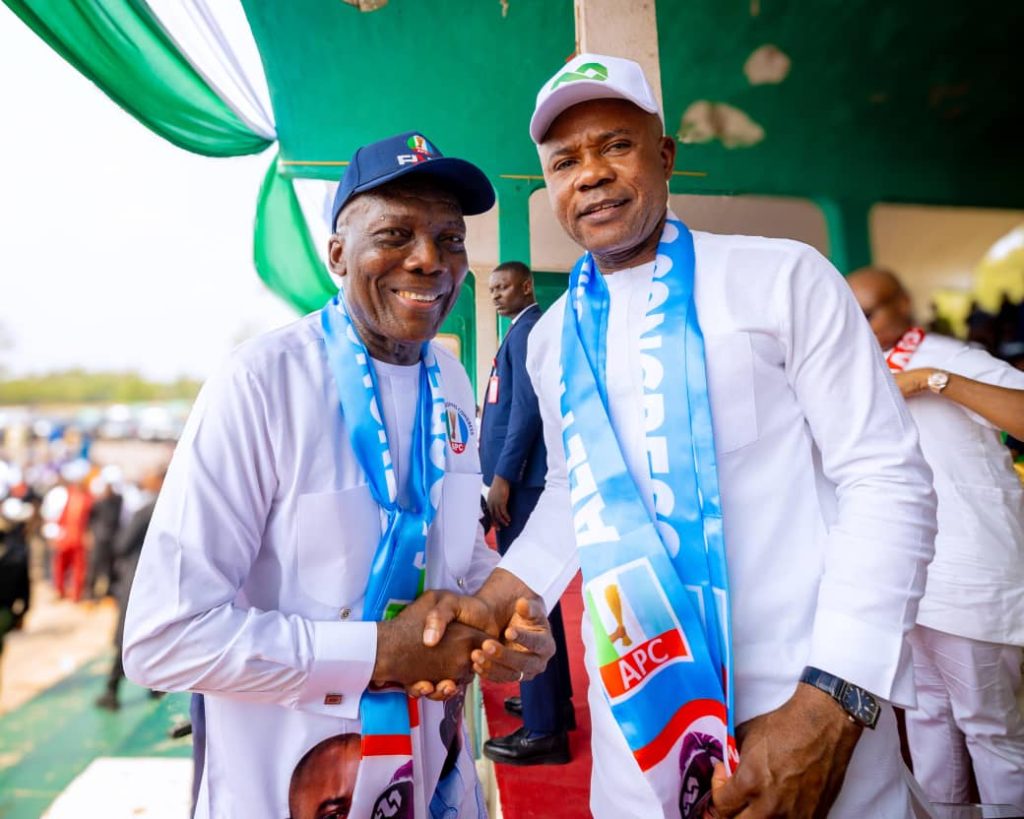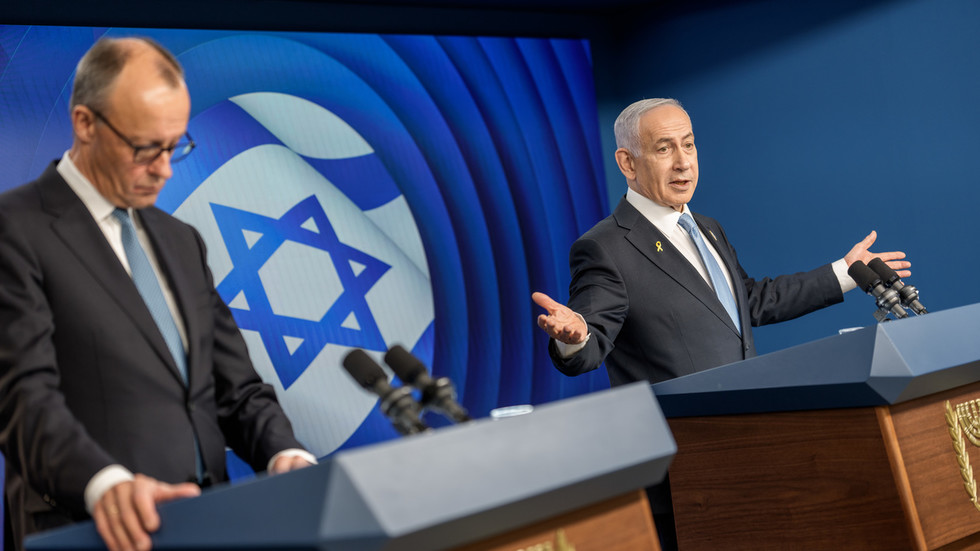A Nigerian federal lawmaker has dismissed the political relevance of former Rivers State Governor Rotimi Amaechi in the upcoming 2027 presidential race, citing a lack of electoral viability and public appeal. Leke Abejide, a member of the House of Representatives representing Yagba East/Yagba West/Mopamuro Federal Constituency in Kogi State, asserted during an interview on Mic On that Amaechi holds no meaningful position in current political calculations, particularly against more visible figures like Atiku Abubakar and Peter Obi.
Abejide, a member of the African Democratic Congress (ADC), claimed that coalition leaders—including former Vice President Atiku Abubakar, ex-Osun State Governor Rauf Aregbesola, former Senate President David Mark, Amaechi, and Labour Party stalwart Peter Obi—are poised to marginalize certain ADC members through strategic realignments. He argued that Amaechi, who served as Nigeria’s transportation minister until 2022, lacks the grassroots support needed to secure victories even in his home state of Rivers, let alone nationally. “Amaechi is not a factor in the 2027 election; he can’t win in Rivers State,” Abejide stated bluntly. “He’s not a politician now; he was just a politician before. We’re talking about people who can pull a crowd.”
The lawmaker singled out Atiku and Obi as the coalition’s strongest contenders, emphasizing their ability to mobilize voters. Atiku, the Peoples Democratic Party’s 2023 presidential candidate, has run for Nigeria’s presidency six times, while Obi’s third-place finish in the same election signaled a surge in youth-driven political engagement. In contrast, Abejide described Amaechi’s influence as diminished, noting his absence from elected office since leaving the federal cabinet.
The remarks hint at broader realignments within Nigerian opposition groups ahead of the 2027 polls, with coalitions seeking to consolidate influence against the ruling All Progressives Congress. Abejide’s critique underscores the volatile nature of political loyalty in Nigeria, where shifting alliances often redefine electoral landscapes. While Amaechi has yet to publicly declare presidential ambitions, his allies have previously hinted at his national appeal. However, Abejide’s assessment casts doubt on such prospects, framing the former governor’s trajectory as a cautionary tale of waning relevance in a hyper-competitive arena.
The ADC, a minor opposition party, now faces internal strains as high-profile figures like Abejide signal disagreements over its strategic direction. His comments reflect growing tensions between party loyalists and leaders eyeing cross-party alliances to challenge dominant political blocs. With three years until the next general elections, such debates highlight the high stakes for Nigeria’s opposition in forging a united front capable of swaying the electorate.



